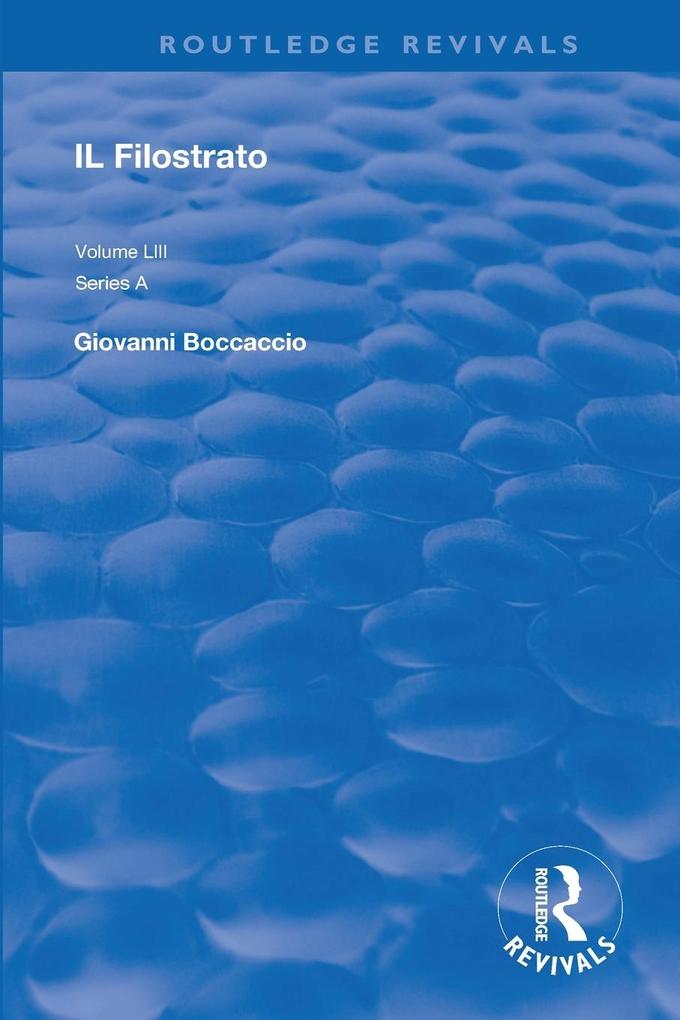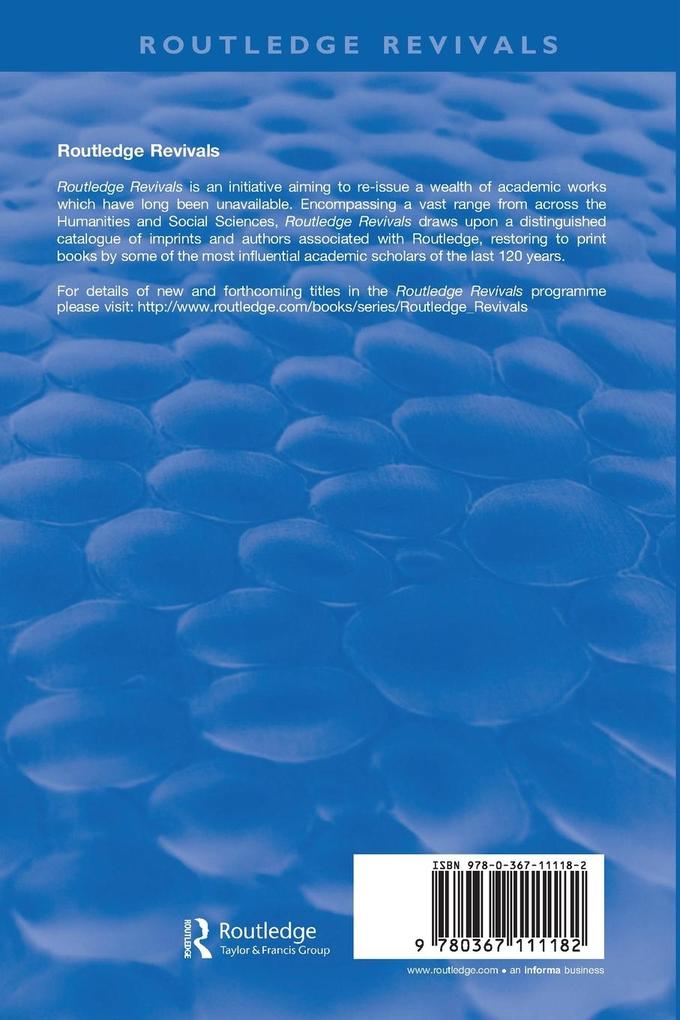
Zustellung: Di, 01.07. - Fr, 04.07.
Versand in 5 Tagen
VersandkostenfreiBestellen & in Filiale abholen:
Originally published in 1986, this translated version of Giovanni Boccaccio's Il Filostrato is of particular interest as the principal source for Chaucer's great work, the Troilus. This edition includes the original Italian alongside the translation, so that even the English reader with no knowledge of Italian will be able to make out a good deal of the original assisted by a close translation.
Inhaltsverzeichnis
Introduction. 1. The Development of the Troilus Story. 2. The Relation of the Filostrato to Boccaccio's Life and Works. 3. The Conception of Love in the Filostrato. 4. The Filostrato and English Literature. Text and Translation of the Filostrato. 1. Proem. 2. Part One. 3. Part Two. 4. Part Three. 5. Part Four. 6. Part Five. 7. Part Six. 8. Part Seven. 9. Part Eight. 10. Part Nine.
Produktdetails
Erscheinungsdatum
07. Dezember 2020
Sprache
englisch
Seitenanzahl
510
Autor/Autorin
Giovanni Boccaccio
Verlag/Hersteller
Produktart
kartoniert
Gewicht
617 g
Größe (L/B/H)
210/140/27 mm
ISBN
9780367111182
Entdecken Sie mehr
Bewertungen
0 Bewertungen
Es wurden noch keine Bewertungen abgegeben. Schreiben Sie die erste Bewertung zu "Il Filostrato" und helfen Sie damit anderen bei der Kaufentscheidung.










